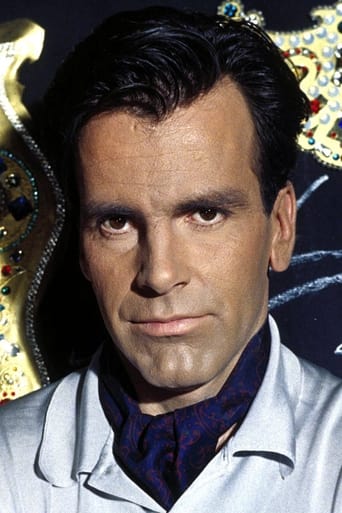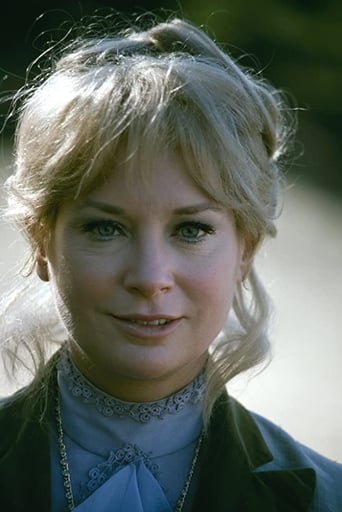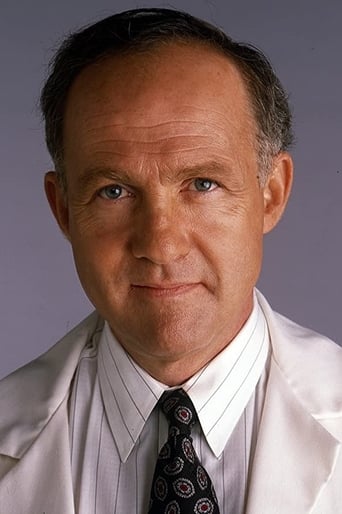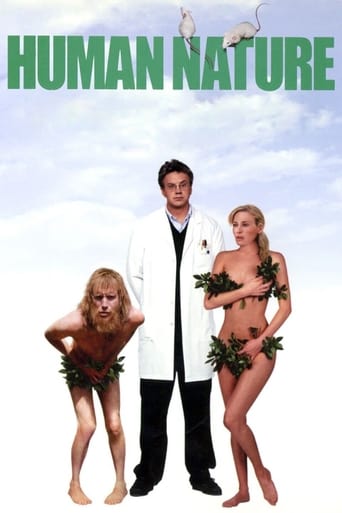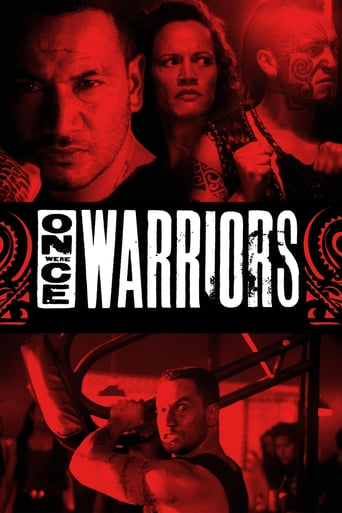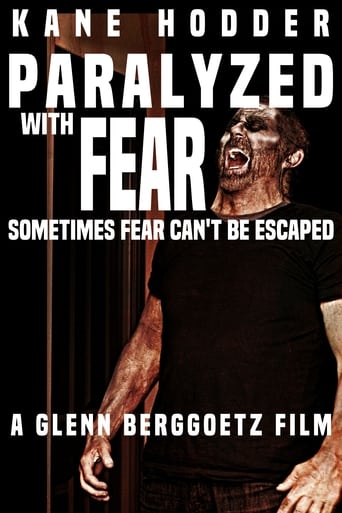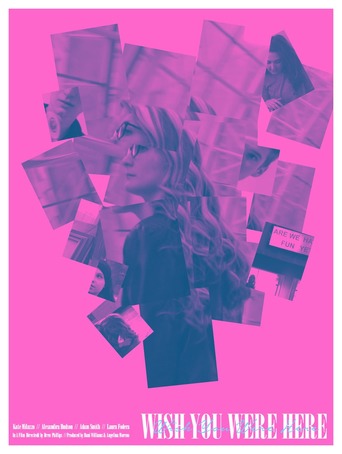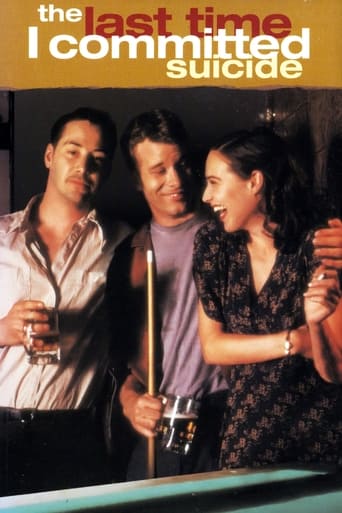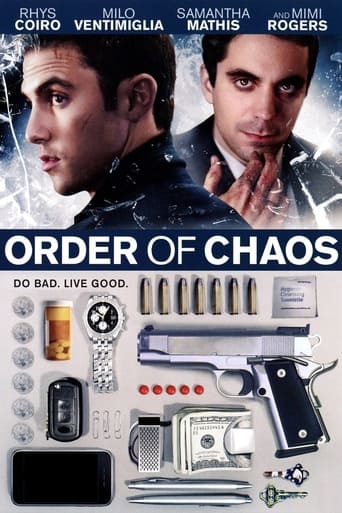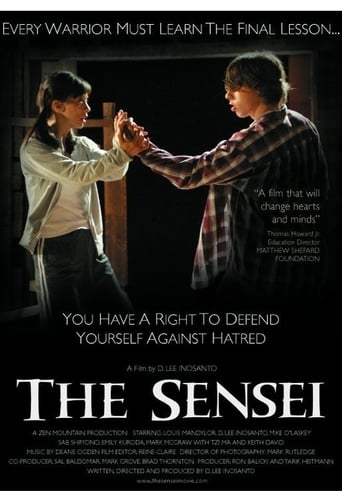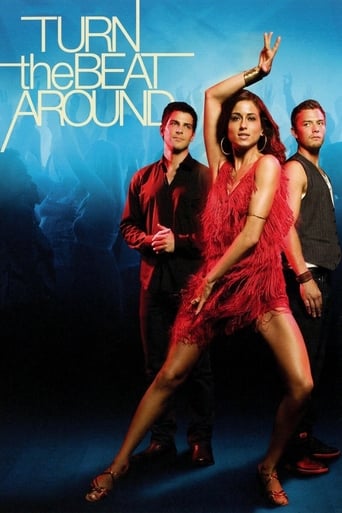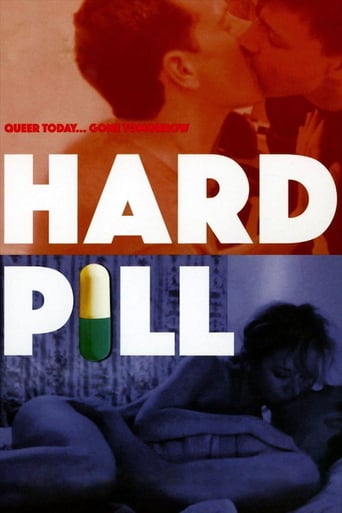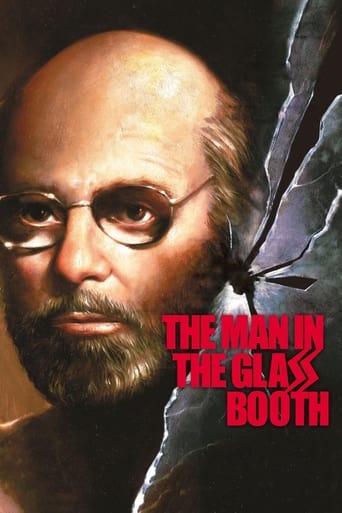
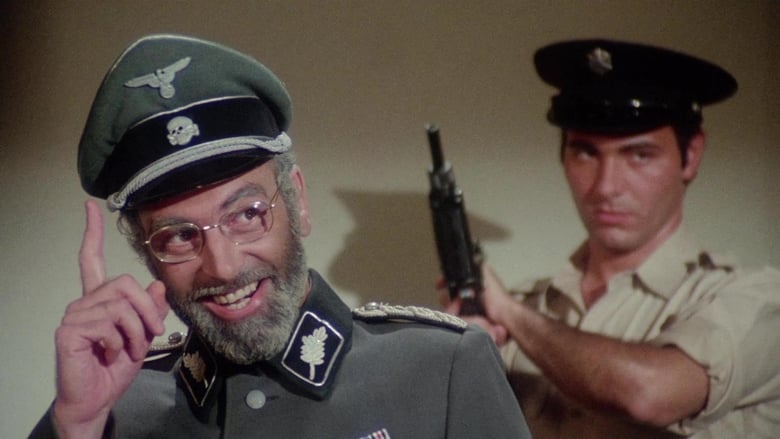
The Man in the Glass Booth (1975)
Arthur Goldman is a rich Jewish industrialist, living in luxury in a Manhattan high-rise. He banters with his assistant Charlie, often shocking Charlie with his outrageousness and irreverence about aspects of Jewish life. Nonetheless, Charlie is astonished when, one day, Israeli secret agents burst in and arrest Goldman for being not a Jewish businessman but a Nazi war criminal. Whisked to Israel for trial, Goldman forces his accusers to face not only his presumed guilt--but their own.
Watch Trailer
Cast


Similar titles
Reviews
So much average
Pretty Good
A Disappointing Continuation
The film may be flawed, but its message is not.
The late Austrian actor Maximilian Schell first came to prominence in Hollywood in a supporting role as Nazi Marlon Brando's superior officer in the WWII epic THE YOUNG LIONS (1958); eventually, he became an international film star upon winning the Best Actor Oscar for Stanley Kramer's star-studded indictment of Nazi war crimes, JUDGMENT AT NUREMBERG (1961) which, despite the sheer brilliance of his performance, was a somewhat surprising accolade given that he was competing against Paul Newman's iconic characterization of Fast Eddie Felson in THE HUSTLER! Interestingly enough, two of Schell's future Oscar nominations also dealt with Nazism, namely THE PEDESTRIAN (1973; which Schell also directed) and the film under review which garnered him his second Best Actor nod. Once again, he came against an iconic performance – Jack Nicholson's Randle P. McMurphy in ONE FLEW OVER THE CUCKOO'S NEST – but lost out to it this time around; for the record, I have just came across the obscure GIVE'EM HELL HARRY which was the only Best Actor (James Whitmore) nominee from that same year which was still eluding me...THE MAN IN THE GLASS BOOTH is the fourth of 14 productions from The American Film Theater that I have watched – following Lindsay Anderson's IN CELEBRATION (1975), Guy Green's LUTHER (1974) and Joseph Losey's GALILEO (1975) which more than anything sought to record and preserve renowned pieces of theatre that often featured notable actors. In this case, Arthur Hiller transposes Robert Shaw's play about a Jewish industrialist afflicted by the delusion of being a notorious Nazi officer; this controversial ruse undeniably elicits comparisons with THE RULING CLASS (1971) where Peter O'Toole's mad aristocrat first thinks he is Jesus Christ but then morphs into Jack The Ripper by the end of the film! Curiously enough, Shaw initially objected to Edward Anhalt's s adaptation of his material and asked to have his name removed from the film's opening credits; after watching it, however, he relented and agreed to put it back on but by then it was too late and, indeed, his name does not appear anywhere in the film's opening credits, In any case, there seems to have been no animosity between the two multi-talented actors as Schell eventually directed Shaw in END OF THE GAME (1975) and they co-starred in Shaw's untimely swan song AVALANCHE EXPRESS (1979).Given the film's title, source of origin and subject matter, I was under the impression that the film would be entirely taken up by the trial which, when it actually comes on in the second half Is indeed riveting – with concentration camp survivors brought face to face with their tormentor; members of the aggrieved public rising from their seats to beat him up following his latest animated diatribe; Schell's own doctors 'confirming' his identity until one of them (Leonard Cimino) breaks down and admits that the evidence was planted by Schell himself! In this part of the film, the presence of passionate prosecutor Lois Nettleton and sensible Magistrate Luther Adler also makes itself felt. While the film's central conceit – a wealthy Jew exposed publicly as a notorious Nazi but ultimately emerging as a delusional Jew - is a fascinating one, it is quite contrived; in fact, the surprisingly fanciful first half, set atop paranoid Schell's NYC apartment, is somewhat heavy-going and even hard-to-take at times. That the film ends up being a worthy one regardless is mostly due to bald-headed, bearded and bespectacled Schell's tour-de-force performance; interestingly, despite the actor's Germanic heritage, he would again impersonate Jews in THE DIARY OF ANNE FRANK (1980; TV) and THE CHOSEN (1981). For the record, the copy I acquired suffers from lip-sync issues that can prove distracting at first but one grows accustomed to that fault before long.
Long unavailable, it is now obtainable in DVD and holds up rivitingly well 30 years later. My wife and I first saw it in the theatre when a few of the American Film Theatre movies were produced and released--and were absolutely blown away. The movie IS Maximilian Schell. The range, nuance, and dramatic mood shifts he brings to this part, which demands polar opposite emotions, are astonishing. How he was not nominated for an Academy Award (to my knowledge) is unbelievable. His performance is what animates this complicated set of twists and turns and brings enrichment of plot turns to a well crafted story with authentic psychological resonance at the climaxe of the film. Well worth your time! It is fascinating, by the way, to pair this movie with a viewing of "Judgment at Nuremburg" in which Schell plays the defense attorney of Nazi war criminals.
Saw Man in the Glass Booth eons ago, on Hershey, PA, public TV. I'd heard of it, knew Robert (Quint in Jaws) Shaw had something to do with it.But according to imdb, Shaw gets no credit here. Booth is a metaphorical rendering of the Trial of Adolf Eichmann, most-wanted Nazi war criminal. Point of play I think was to dramatize Hannah Arendt's notion of the "banality of evil." Schell is the wacked-out war crimes defendant who seems more than eager to resume his ghastly activity from the dock; he is utterly at a loss to understand why you shouldn't be able to wipe out entire races of people. Lois Nettleton's his appointed attorney, who may be seduced by Schell's grotesque charms.I'd reckon this play's a bit dated now, & even the 2002 war crimes tribunal in the Hague provides no real I.D. After all, getting there, as they say, is half the fun, & well before Eichmann went on trial, Israel had apologized to the world community & promised never to sneak into another country & kidnap one of its citizens.
I can only posit my take on the meaning of this movie based on what was on the screen and not by what Shaw's novel put forth. That said, I found that the meaning and subtext of this movie is amazing.While an atheist myself, I could clearly see what would be a recasting of Christ's passion in a modern context. What "sins of the world" to be borne by a Jewish man could be more obvious than the burden of the Shoah brought upon him? I see Arthur Goldman's allusions to Jesus throughout, the references about the Catholic Church's "forgiving the Jews" for deicide, his staging of the super before knowingly putting himself in the crosshairs of the Mossad to capture him, and finally most telling... his crucifixion like pose against the inside of the booth at the end, as the magnitude of the Holocaust finally descends upon him.Did anyone else see this powerful subtext of the movie?


